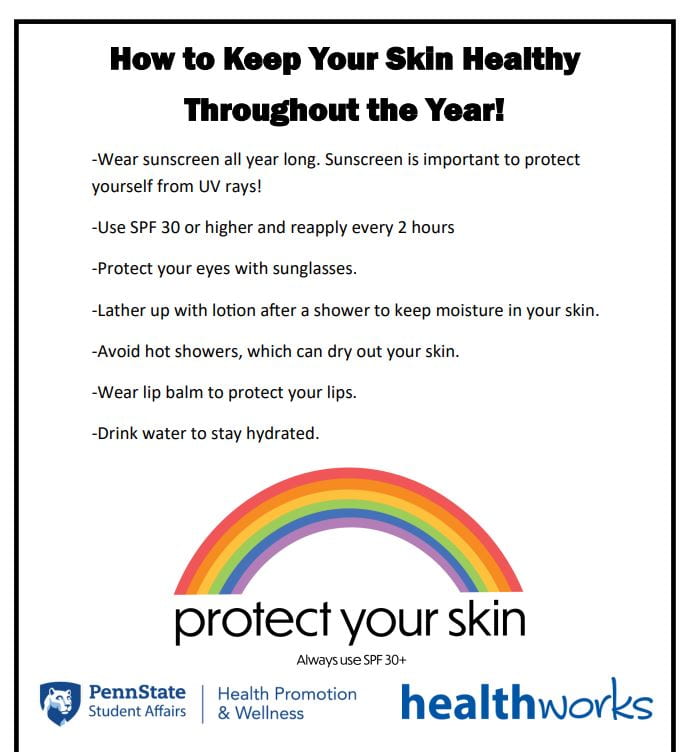Using cannabis can worsen your mental health*.
Three recent reviews of research studies indicate there is a lack of conclusive evidence that cannabinoids improve depression, anxiety, ADHD, post-traumatic stress disorder and psychosis.
Research shows little evidence that the cannabis plant is effective in treating depressive disorders and symptoms. In fact, the scientific literature suggests that ingested cannabis likely leads to the development and worsening of depressive symptoms.
Several studies indicate that cannabis use can worsen bipolar disorder by causing more manic episodes and increasing the severity of the episodes.
The research shows that when people use cannabis to escape from uncomfortable emotions, they can experience difficulties with mental health, including increased anxiety, psychotic symptoms as well as legal problems, low motivation, and memory issues.
Using cannabis to cope with emotions can also lead to addiction for some individuals.
* Applies to all forms of cannabis including medical marijuana.
TIP: If you are struggling with depression or anxiety talk with a professional counselor or therapist. For immediate support call Penn State’s 24/7 Crisis Line at 1-877-229-6400.
Help is available
- Health Promotion and Wellness offers free alcohol and cannabis education services for students who do not have a violation.
- ScreenU is set of free and anonymous online screening tools for alcohol, marijuana and prescription drugs. The screening tools are available to all Penn State students.
- Collegiate Recovery Community provides support to Penn State students who are in recovery from alcohol and other substance use disorders.
- Counseling and Psychological Services offers individual and group counseling services as well as a variety of self-help resources.
Sources:
Black, N. et.al. (2019). Cannabinoids for the treatment of mental disorders and symptoms of mental disorders: a systematic review and meta-analysis. Lancet Psychiatry 6(12): 995-1010
Borodovsky, J. & Budney, A. (2018). Cannabis regulatory science: risk-benefit considerations for mental disorders. International Review of Psychiatry. 30(3): 1-20
Botsford, S. Yang, S., George, T. (2020). Cannabis and cannabinoids in mood and anxiety disorders: Impact on illness onset and course, and assessment of therapeutic potential. The American Journal on Addictions. 29(1): 9-26.
Bresin, K., & Mekawi, Y. (2019). Do marijuana motives matter? Meta-analytic associations with marijuana use frequency and problems. Addictive Behaviors. 99.
Osser, D. (2020). Cannabis: Patients with bipolar should avoid use. Psychiatric Times. (37)4: 25.
Stea, J. Is Cannabis good or bad for mental health? Scientific American, January 27, 2019
